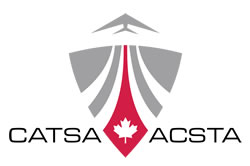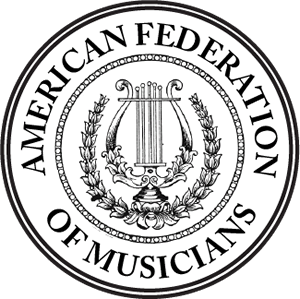The AFM APPLAUDS THE PASSAGE OF THE FAA Bill THAT SETS A CONSISTENT NATIONAL POLICY ALLOWING MUSICAL INSTRUMENTS ON AIRPLANES
After five years and 23 short-term extensions, Congress has passed legislation reauthorizing the Federal Aviation Administration (FAA) for the next four years. Included in the bill are provisions that create a uniform national policy regarding musical instruments on airplanes.
Any instrument that can be safely stored in the overhead compartment or underneath the seat may be brought on board as carry-on luggage. Additionally, the bill sets standard weight and size requirements for checked instruments, and permits musicians to purchase a seat for oversized instruments, such as cellos, that are too delicate to be checked. Existing law allowed each airline to set their own policy regarding musical instruments, and size requirements varied widely for both carry-on and checked baggage. The American Federation of Musicians (AFM) has been lobbying Congress to enact such a policy for nearly a decade. “This is great news for professional musicians throughout the U.S. and Canada who carry the tools of our trade – our instruments – aboard commercial aircraft,” said AFM President Ray Hair. “Ending the confusion over musical instruments as carry-on baggage has been a top legislative priority for nearly a decade. I am proud of our Government Relations Director, Hal Ponder and his assistant Laura Brigandi in our Washington legislative office for seeing the effort through. Musicians can now fly in friendlier skies.” The FAA reauthorization was passed by the House of Representatives on Friday, February 3 by a 248-169 vote. It subsequently passed the Senate on Monday, February 6, 75-20. The President is expected to sign the bill into law.
ABOUT THE AFM Founded in 1896, the American Federation of Musicians of the United States and Canada (AFM), AFL-CIO, is the largest organization in the world dedicated to representing the interests of professional musicians. With more than 90,000 members, the AFM represents all types of professional musicians, including those who record music for sound recordings, film scores, videogames, radio, television and commercial announcements, as well as perform music of every genre in every sort of venue from small jazz clubs to symphony orchestra halls to major stadiums. Whether negotiating fair agreements, protecting ownership of recorded music, securing benefits such as health care and pension, or lobbying legislators, the AFM is committed to raising industry standards and placing the professional musician in the foreground of the cultural landscape. For more information, visit the Web site at www.afm.org.
AFM; 1501 Broadway, Ste. 600; New York, NY 10036
Follow the AFM on Twitter http://twitter.com/musiciansunion and
Facebook http://www.facebook.com/afm.org



